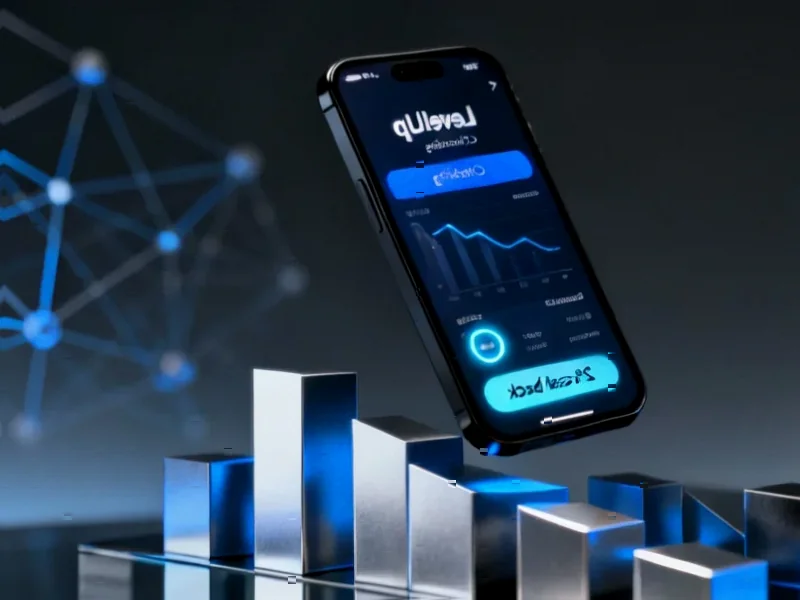According to Forbes, leadership isolation creates significant risks where CEOs may rely too heavily on gut instinct rather than data, allow personal biases to influence major decisions, or have judgment clouded by emotion and ambition. The publication emphasizes that critical friends provide essential constructive challenge by asking probing questions about goals and activities, suggesting alternative outcomes, and identifying blind spots in reasoning. These relationships must be built on mutual respect and confidentiality, with the critical friend understanding the leader’s context while providing honest feedback. Forbes notes that effective critical friendships extend beyond individual decision-making to shape healthier leadership cultures where constructive challenge becomes embedded in organizational behavior.
The Strategic Risk Mitigation Angle
What Forbes describes as personal support actually represents a sophisticated risk management strategy. When leaders operate in echo chambers, they’re essentially running multi-million dollar enterprises without adequate quality control mechanisms. The research consistently shows that isolated leadership leads to catastrophic failures that could have been prevented through proper challenge mechanisms. Critical friends serve as real-time decision audits, catching flawed assumptions before they become expensive mistakes. This isn’t about friendship – it’s about installing cognitive safety nets that protect shareholder value and organizational stability.
The Emerging Critical Friend Market
The mention of technology platforms matching leaders with mentors reveals a growing market opportunity that Forbes only hints at. Executive coaching and advisory services have evolved from luxury perks to essential infrastructure, with the global coaching market projected to reach $20 billion by 2025. What’s particularly interesting is the specialization occurring within this space – former Fortune 500 CEOs now offer “critical friend as a service” to growth-stage companies, while industry-specific advisory networks provide targeted challenge mechanisms. This represents a fundamental shift in how we think about executive support systems, moving from informal mentorship to structured, outcome-oriented relationships.
Beyond Individual Decisions to Cultural Transformation
While Forbes focuses on the leader’s experience, the real business impact comes from cultural ripple effects. When leaders demonstrate vulnerability by seeking critical feedback, they model behavior that cascades throughout the organization. This creates what management experts call psychological safety at scale – environments where employees feel empowered to challenge assumptions and propose alternatives without fear of reprisal. The financial implications are substantial: companies with strong feedback cultures demonstrate higher innovation rates, better talent retention, and faster adaptation to market changes. The critical friend relationship becomes the blueprint for how the entire organization approaches decision-making.
The Implementation Challenge Most Companies Miss
The concept sounds simple, but implementation requires careful design that most organizations overlook. The critical relationship must balance support with challenge, familiarity with objectivity. Many companies make the mistake of assigning this role to board members or direct reports, creating conflicts of interest that undermine the process’s effectiveness. The most successful implementations often involve external parties with sufficient industry knowledge to understand context but enough distance to maintain objectivity. Companies serious about this approach are creating formal “challenge partner” roles with clear boundaries, confidentiality agreements, and structured interaction protocols that prevent the relationship from becoming either too adversarial or too comfortable.
Quantifying the Return on Critical Friendship
The business case becomes compelling when we examine measurable outcomes. Organizations that implement structured challenge mechanisms report 30-50% reductions in strategic missteps and significantly faster course correction when initiatives underperform. The financial impact extends beyond avoiding bad decisions – it includes accelerated learning cycles, improved executive decision velocity, and reduced “decision regret” that often paralyzes organizations after major choices. The critical friend isn’t a cost center but a strategic asset that pays dividends through better capital allocation, more effective resource deployment, and stronger competitive positioning.




